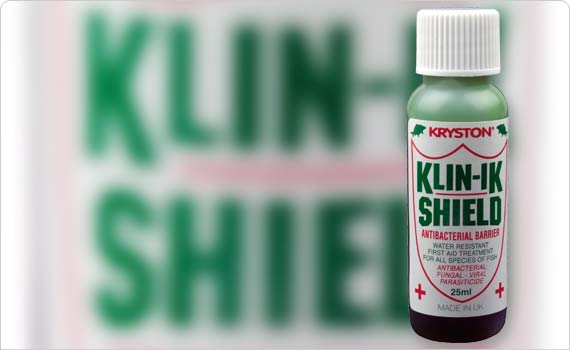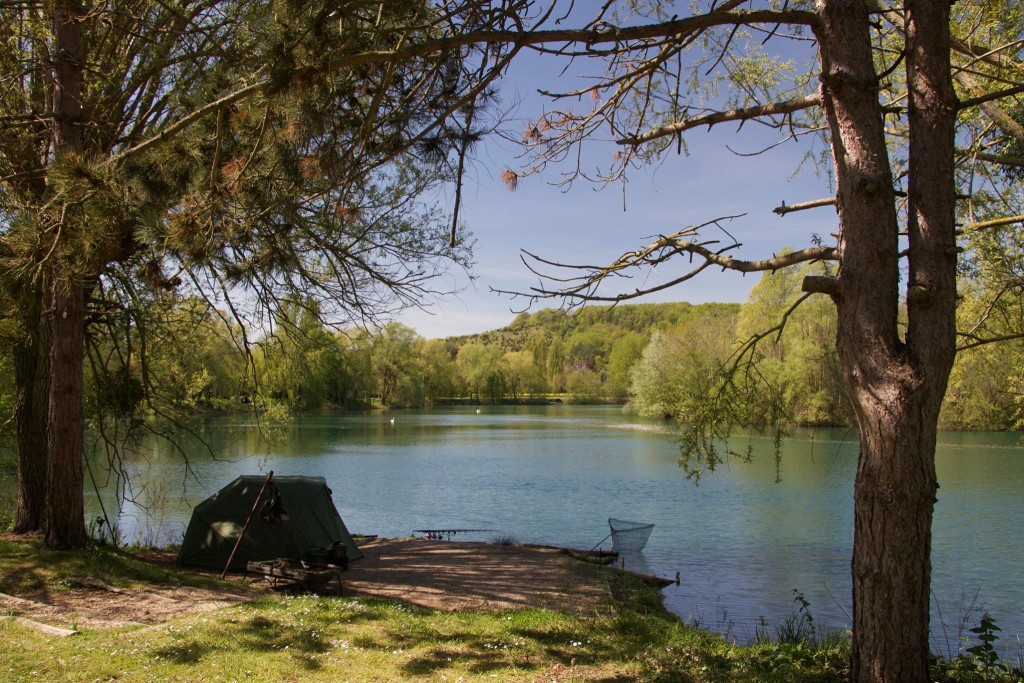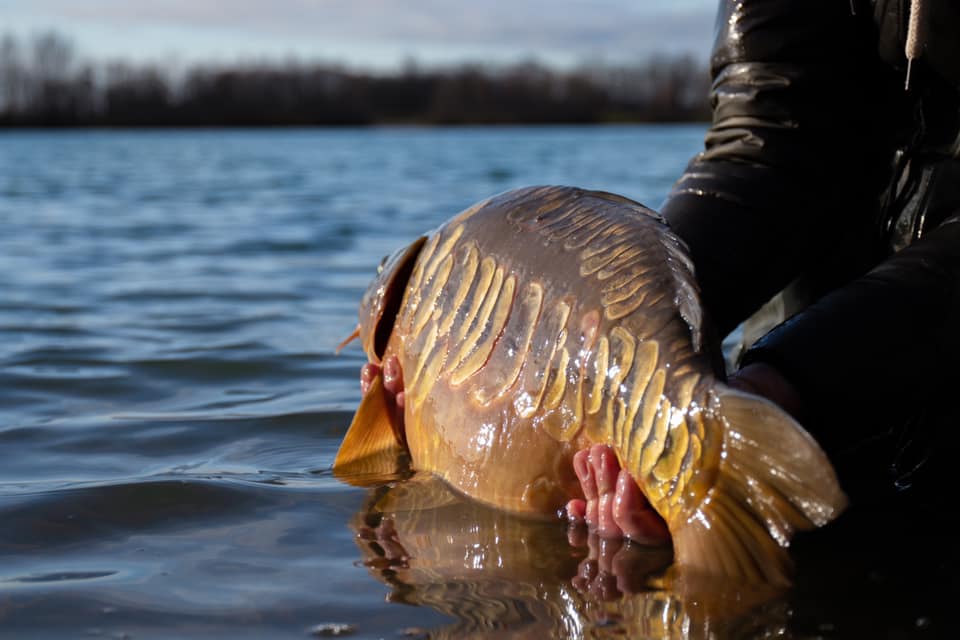As carp anglers it is in our interests to protect the species we fish for with proper carp care, so everyone in the sport can continue to enjoy their future captures.
Many anglers however, are unaware or ill-prepared for the first trip to France. I often see people arriving with inadequate equipment to safely handle large carp. Here then is a brief run down of what you ought to know about fish care…
1. Use Safe rigs
Seems obvious nowadays that rigs should be safe and give the fish the best chance of freeing themselves in the case of a breakage or crack off. It never ceases to amaze me when I see anglers using death rigs made up of a Steptoe & Son collection of tubing and swivels.
With all the companies like Fox, Korda and Drennan making excellent rig bits there is no excuse. These items aren’t dear, will catch you more fish as they are certainly more effective than a home made job and most importantly they have been made to be as fish safe as is possible.
Please read the instructions and make sure you are using them correctly. I saw two anglers last year attaching leadcore leaders to their mainlines with swivels in conjunction with in-line leads, this quite naturally negates the safe nature of the rig.
2. Never leave your rods unattended
This is another one that really annoys me, guys wandering off down the bank to chat to their mates and leaving his rods out. Please if you have to leave your peg….Reel them in!!
Not only will you miss fish, but if a hooked carp makes a snag while you have gone walkabout it will almost certainly end in a breakage and a tethered fish.
Secondly you have a high risk of the fish going through other anglers lines and spoiling their sport. Finally you run a risk of your rods ending up in the lake, if the line jams, runs out or snags up you could lose your expensive rod and reel for good.
3. Use a big unhooking mat
Bugbear number three for me is undersized unhooking mats. Some I see would serve better as table mats. Carp and especially cats can grow big in France. Mats should be as large as you can get. Foam needs to be deep and protective. Always place them on flat, preferably grassy ground, away from the water’s edge, to avoid the fish sliding down the bank.
There are a number on the market, from the cradle type through the beany type to the inflatable ones… Which ever you chose make sure it can handle the biggest fish in the lake. When you do land that 50lb+ monster, you’ll be glad you had a big mat. Believe me big carp are expensive and need protection to prevent injury.

4. Use a proper sized landing net
You’ll need a decent size landing net. Most carp nets are 42 inch or bigger these days, and this should be considered a minimum. I prefer having a 50 inch net as you can get long fish and the smaller cats (up to 40lb in them).
I would suggest you actually set up two landing nets, one each side of your peg. This way you’re not hunting for a net that is too far away when you’ve walked down the swim to play the fish. Also if you get two fish in quick succession you’re not faced with trying to fit two carp in one net.
5. Use a good weigh sling
Another essential item is a decent weigh-sling to properly weigh your captures. The small, thin nylon ones that fold the fish in two should be thrown away in my opinion. I much prefer the recent designs with zips on the sides that all you to release the fish quickly and safely, as well as carry it across the peg with no fear of it slipping out or wriggling free. (Naturally you need to close the side zips to avoid a mishap). These slings have a plasticised coating inside to avoid removing the fishes slime, where as the nylon ones act like a cloth and get covered in the stuff..not good for the fish at all.
6. Have a bucket of water to hand
Always have a bucket or large jug of lake water next to your unhooking mat. On hot summer days, and it can get well into the 40’s in France in July and August, the mats will get dry and hot in no time.
So before placing a fish on such a mat, wet it thoroughly before hand. It is very important that they stay moist. During the manipulation for weighing and photographing, always keep them doused with water. Not only will this protect them from getting too dry, but they will look much better in the photographs too.
7. Never carry a fish in your hands to the water:
NEVER carry a fish back to the water in your arms. Not only will it be couple of feet off the deck, but one flick of its tail will see it somersaulting down the bank, with all the risks to injury that this entails. As you all know fish are like live bars of soap, it is impossible to be sure you’ll keep a good hold, so why try. Use a proper weigh sling; like the ones outlined above and avoid the pointless risk of injuring a good fish.
8. Use antiseptic on hook wounds, sores and lifted scales
There are a good number of proprietary fishing antiseptics out there and you should use these. A small amount on a cotton bud will help a fish fight infection in a hook hold. The same can be done with sores and missing scales.

9. Remove any watches or bracelets that might damage the fish
If you wear a stainless or metal watch remove it before you lift the fish for a photo. There is a high risk of removing scales or damaging the fish’s skin and slime layer with a metal object, which can be quite sharp at times.
10. The final step of proper carp care, releasing the fish carefully
Finally, take the time to respectfully release the fish. If it is exhausted from a long fight, or has perhaps been out of the water for a while it may need time to recover.
Slowly lower your weigh sling into the water, gently opening one side to let it fill with water. Once the fish is supported you can hold it upright until it starts to kick and wants to go back. If you feel that it is starting to roll onto its side, hold it upright until it recovers. On rare occasions this can take a while. This can be particularly a problem on hot summer days. I have lost carp of over 30lb on my water from mishandling by clumsy anglers. So be patient until they swim away.
Basically then these ten tips equal RESPECT. Respect our quarry and these fish will grow well and give please to dozens of anglers on the years.
Want to learn more on the different aspects of carp care? Discover our full ‘Carp Care’ section here.
And then find your perfect carp fishing holiday in France on our website – Angling Lines.



Superb Gareth !
There is nothing more important for me than fish care.
We must respect each fish , small or big.
They offer us pleasure, so we must do our best to protect them.
It will be fantastic , if every angler had a craddle shape mat. It is a must !
Hi Mehdi, Good to see you posting on the blog. Please feel free to comment whenever you wish.
Yes I am as aware as you that the care of the fish is very important for the future of our sport. Both big fish and small fish need the greatest care.
I have posted several articles on fish care and fish care products and equipment. As you I see too many inexperienced anglers arrive ill-equipped. I take it as part of my job to help educate them and show them why fish care is important.
Best Regards
Gareth
Totaly agree.
There are also many anglers who are so happy to catch a lump, they forget the fish is outside for a while… Taking dozen and dozen of photos during 20mn…
Like you said “This is another one that really annoys me, guys wandering off down the bank to chat to their mates and leaving his rods out” , it is the same situation when one of the group catch a big fish : they leave all theirs rods and go to see the fish… that’s make 2 problems : all the rods are unattended and the fish stay a long time out waiting everybody…
If we want to catch a lovely fish in mint condition, we must apply each tips you said.
Thanks
Mehdi
Hi Gareth, I’ve added a link to angling lines to my blog as requested. I’d be grateful for the return link.
Thanks.
PS, Nice site.
Mark.
Hi Mark,
Thanks for your comment, I hope you will drop by regularly to see what we are doing. Feel free to leave your comments. I’ve added your link.
Regards
Gareth
Excellent tips Gareth, we have a very similar (almost identical!) document on display at all the lakes.
hi Gareth,
im new to fishing and appreciate the need to look after the fish.My biggest catch was a 8lb carp(common)which
was a real fighter and a slippery son of a …..,my main worry is catching a some what bigger specimen and getting a photo of it.how do you get them to stop moving
so as to take the photo,as at the moment im photoing them on the mat,thanx.
Another way to safe keep a fish is to ensure you are feeding them the correct prepared baits.
Particles / seeds/ nuts should all be prepared by soaking and boiling for the recommended time (and a little more). Otherwise these types of bait swell in the carp causing major damage and death.
I have now banned particle baits on my lake due to inexperienced anglers using raw baits.